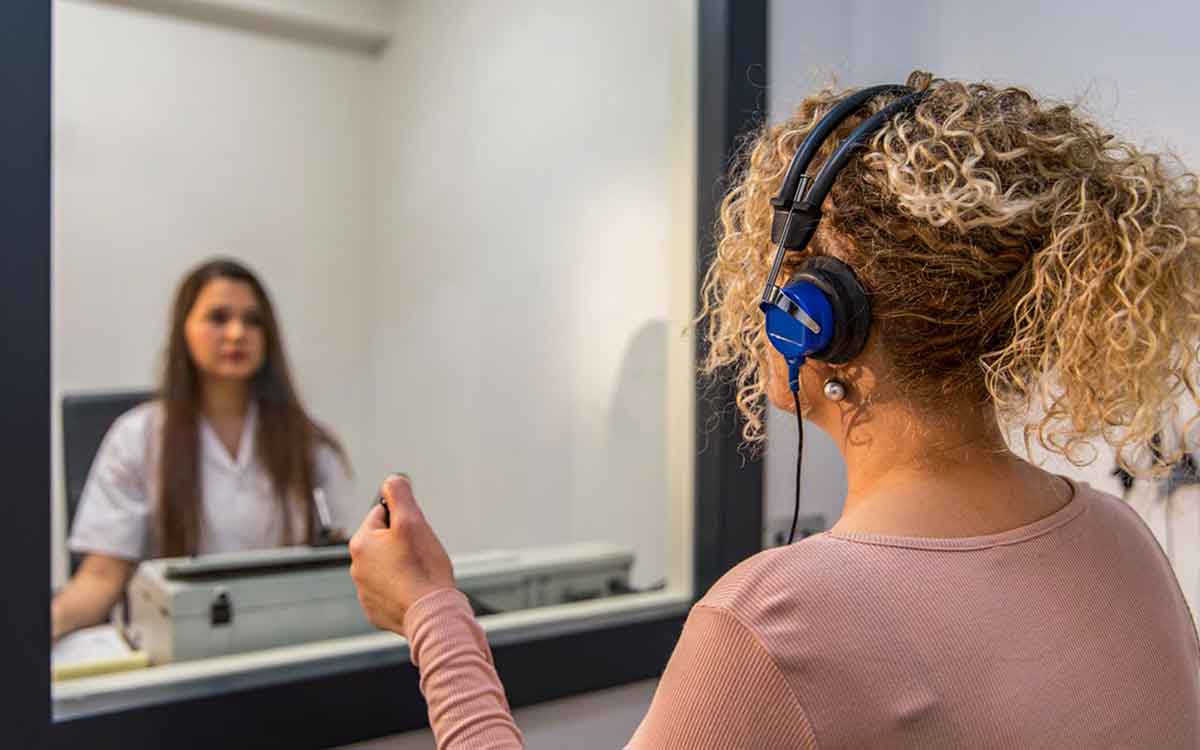
At what point should you consider having your hearing assessed? Here are a few indications that suggest you should have your hearing evaluated.
Recently, my kids complained about how loud my TV was. Do you want to know what I said to them? I said, “What?!” It was amusing because it was a joke. But it also wasn’t. The volume of the TV has been increasing. And I began to ponder: Should I get a hearing test?
There aren’t many good reasons not to schedule a hearing test. They are non-intrusive, they don’t involve any radiation, and you can be at ease without worries about your level of comfort. You just need to take a brief minute to book an appointment.
Considering how much untreated hearing loss can impact your health, it’s important to be more vigilant about it.
You should have your hearing tested if you detect these signs
If you’ve recently experienced any signs of hearing loss, it’s most likely a good plan to get a professional hearing assessment. If it’s difficult to hear, it most likely means there’s substantial hearing impairment.
- Ambient noise can be overpowering: Have you ever strained to focus on a conversation in a loud or crowded space, where the surrounding din makes it tough to hear every word? It’s possible that this could be an indication of impaired hearing.
- People always seem to be talking unclearly: The issue might not always be volume but rather clarity.
- You’re always overlooking text messages: Your phone is made to be loud. So, if you’re always missing calls or text messages, it might be because you aren’t hearing them.
- Ringing that won’t go away: Ringing in your ears, also known as tinnitus, is typically an indication of hearing damage.
Here are several other situations that indicate you should arrange a hearing evaluation:
- Your ear hasn’t opened after an infection
- You have a buildup of earwax you can’t clear on your own
- You take certain medications that can harm your hearing
- Determining where sounds are originating from can be challenging
- You have vertigo
Routine hearing assessments
Even if you’re not observing any obvious symptoms, it’s still important to schedule regular hearing exams.
- It is recommended to have a baseline test completed after reaching the age of 21.
- For people with typical hearing, it’s recommended to have a hearing evaluation every three years.
- If you demonstrate signs of hearing loss, get it checked immediately and then every year after that.
Regular screenings may detect hearing loss early, before any warning signs are obvious. Prompt professional attention can substantially increase your chances of maintaining healthy hearing over time. So you should decrease the volume on your television and think about aranging a hearing evaluation.